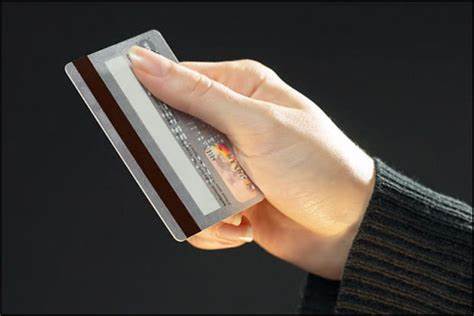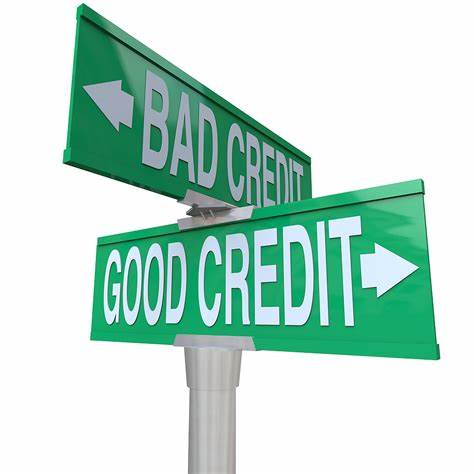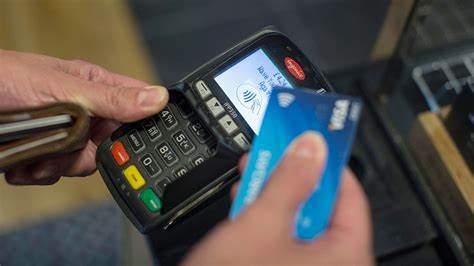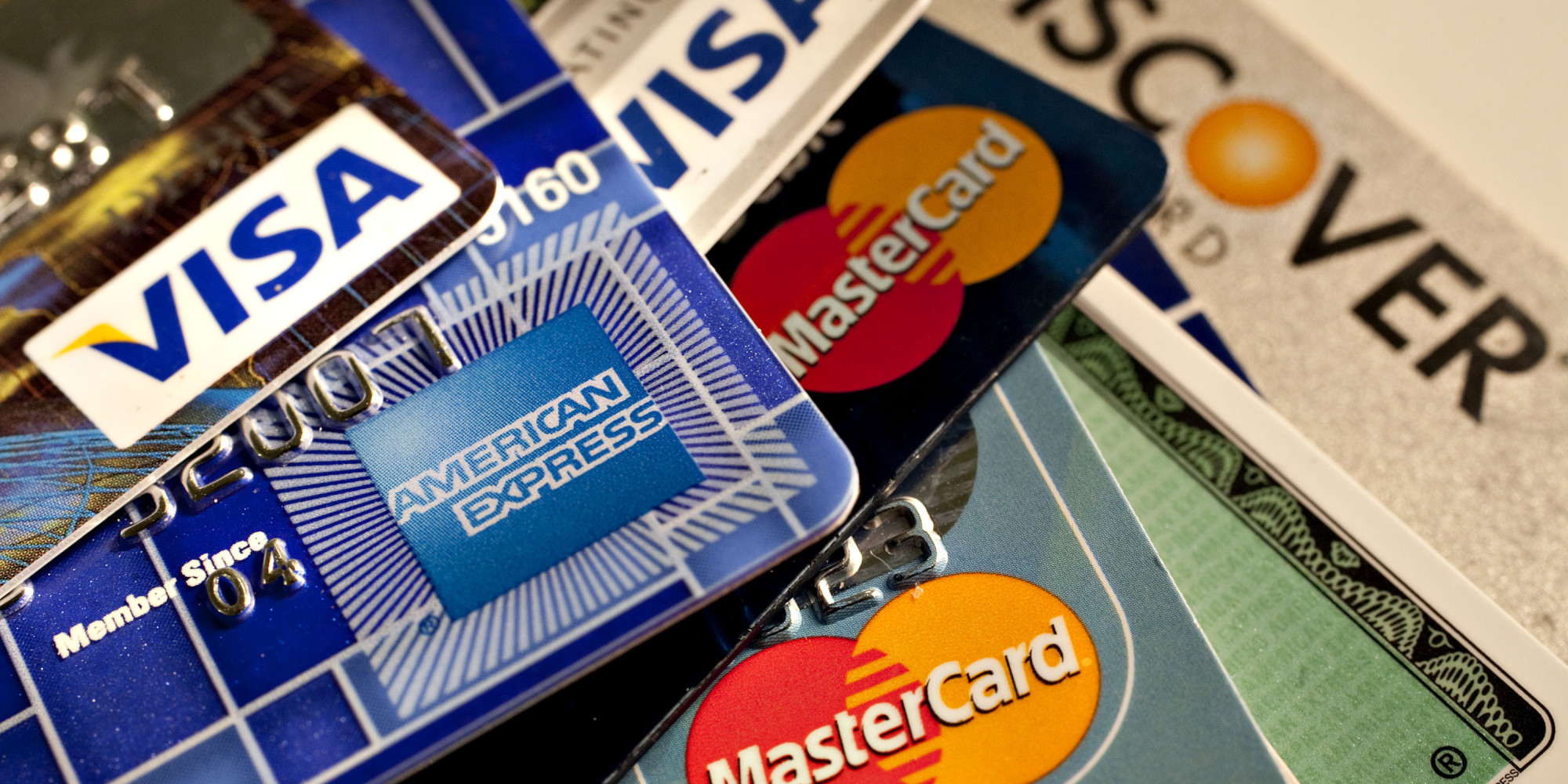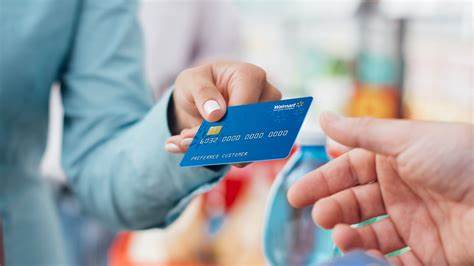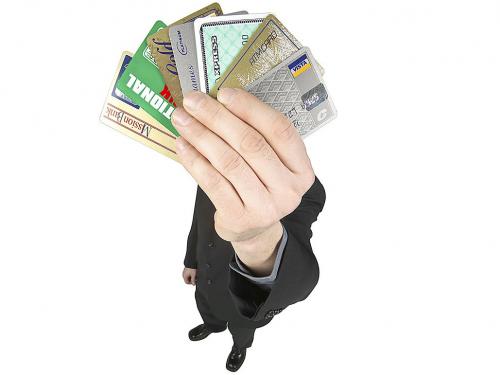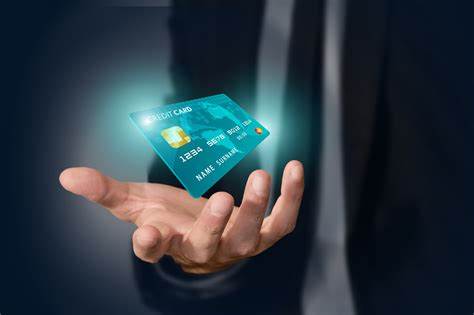Knowing which credit card is the most valuable in the market is one thing. But knowing which one is most meaningful to you is another and requires more self-awareness.
This article is part of a series of articles about understanding your FICO credit score, and we'll delve into each component that details your credit score calculation. In the first two parts of this series, you learned that the payment history and the amount owed have the greatest impact on your FICO credit score. In this article, you will learn about the next biggest factor in the FICO score, the length of your credit history and credit combination.
If you listen to a personal finance expert, you may hear conflicting advice when using a credit or debit card. Some people think that credit cards are evil and are the cause of all financial pain. Countless others will support the value of the reward or warn you not to use a debit card online or at a gas station because of security risks.
Credit card credit limit The maximum amount you can charge without paying a fine depends largely on your credit history. If your credit is determined primarily by your credit score, it is good that credit card issuers will be more willing to extend your higher credit limit. Income is another determining factor. Even if your credit history is perfect, if your salary is the lowest, the bank is unlikely to send you a high-limit card.
In the United States, there are four major credit card networks, VISA, MasterCard, Discover, as well as American Express. These processing networks set guidelines for credit card processing, set a fee for processing credit cards, and facilitate credit card transactions. The credit card processing network can work with a separate issuing bank that provides credit cards to consumers. The issuing bank also bills the consumer's transactions and collects the unpaid balance.
Before you swipe your card or use it for online shopping, you should make sure you have enough credit cards available. Your credit card available credit is the difference between your credit line and your unpaid balance. This is the amount you can spend on your credit card and will not be penalized for exceeding the credit limit or credit card rejection.
Credit card credit limit The maximum amount you can charge without paying a fine depends largely on your credit history. If your credit is determined primarily by your credit score, it is good that credit card issuers will be more willing to extend your higher credit limit. Income is another determining factor. Even if your credit history is perfect, if your salary is the lowest, the bank is unlikely to send you a high-limit card. They want to know that you are making enough money to pay for your credit card balance.
This article is part of a series of articles about understanding your FICO credit score, and we'll delve into each component that details your credit score calculation. In the first part of this series, you learned that the payment history has a big impact on your FICO credit score. In this article, you will learn about the next biggest factor in the FICO score, the amount you owe in each credit account.
If you pay your credit card in full every month, a built-in feature allows you to extend your purchase time without generating interest. secret? A small thing called a credit card grace period.
"Make as little money as possible" may be a good budget mantra, but it's a bad strategy to pay for your credit card balance.


